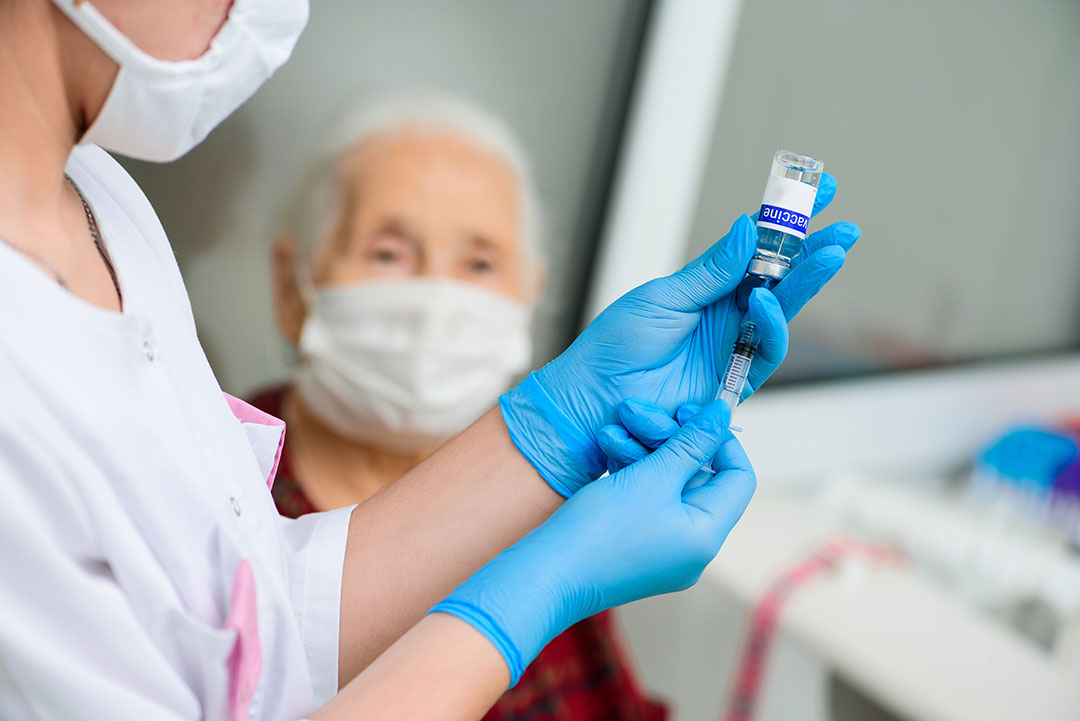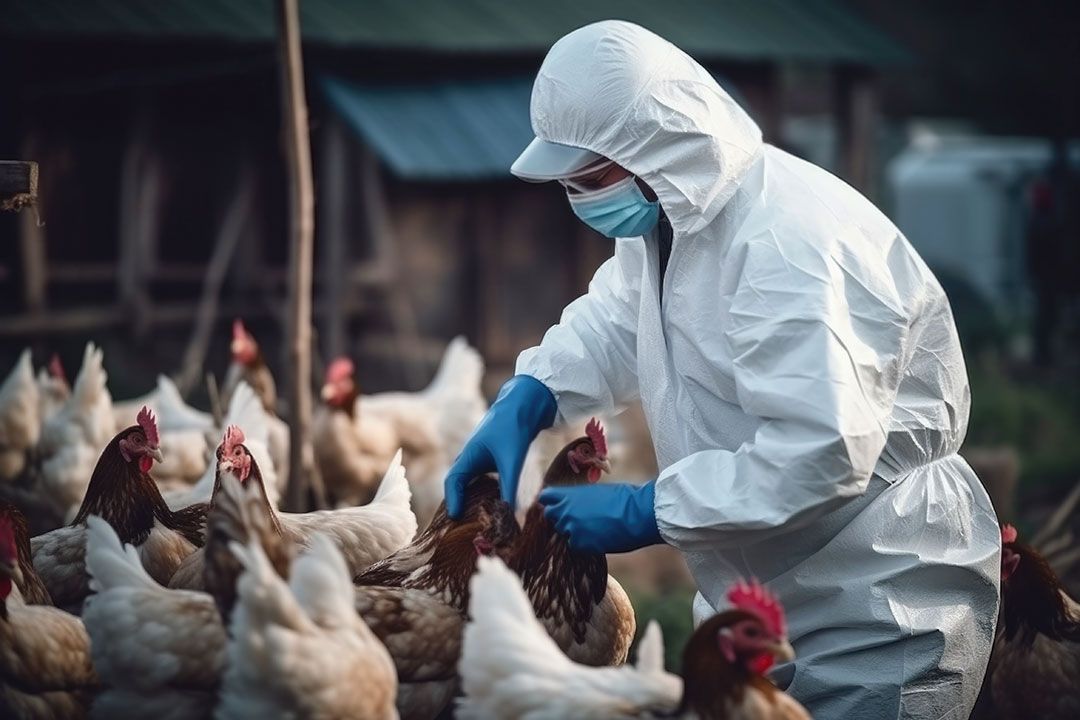COVID-19 vaccination halves the risk of Long COVID
Data from the UK suggests double vaccination lowers the risk of ongoing COVID-19 symptoms, as well as reducing hospitalisations and the severity of the initial illness.
- 7 September 2021
- 3 min read
- by Linda Geddes

COVID-19 vaccines are well known to reduce the risk of severe illness, but their impact on ongoing symptoms, such as fatigue, shortness of breath, or problems with memory and concentration, was uncertain. Now, a study published in The Lancet Infectious Diseases, suggests that in the event of catching COVID-19 after being fully-vaccinated, the odds of having symptoms for 28 days or more is approximately halved. Vaccination also reduced the risk of experiencing five or more symptoms in the first week of illness by around a third, and cut hospitalisations by 73%.
They were also roughly half as likely to experience multiple symptoms during the first week of illness. Sneezing was the only symptom which was more commonly reported among vaccinated individuals with COVID-19.
Long COVID, or post-COVID syndrome, is characterised by a constellation of symptoms, lasting weeks or months after the initial infection. Whereas men and older people tend to be at greatest risk of developing severe illness during the acute (early) phase of the disease, those affected by Long COVID are younger and predominantly female.
The new study is among the first to investigate how COVID-19 vaccines affect the characteristics of coronavirus infection, including these long-lasting symptoms.
It drew on data collected by the UK ZOE COVID Symptom Study app, a not-for-profit initiative which asks participants to regularly log their health and symptoms, whether they have tested positive for COVID-19 and/or been vaccinated. The app has more that 4 million contributors globally.
Have you read?
Researchers at King’s College London analysed data from participants who regularly used the app between 8th December 2020 and 4 July 2021, including 1,240,009 UK adults who had received a first dose of either the Oxford/AstraZeneca, Pfizer/BioNTech or Moderna vaccine, and 971,504 adults who had received a second dose.
During that time, just 0.2% of people who had received both vaccine doses reported experiencing a COVID-19 infection, while of the 592 fully vaccinated individuals who did develop COVID-19, 31 (5%) continued to experience symptoms lasting 28 days or more after a positive test. Among unvaccinated individuals this figure was 11%.
The study also found that the severity of the most common symptoms – loss of smell, cough, fever, headaches, and fatigue – was milder among those who had been vaccinated, and they were more likely to be completely asymptomatic, especially if they were 60 years or older. They were also roughly half as likely to experience multiple symptoms during the first week of illness. Sneezing was the only symptom which was more commonly reported among vaccinated individuals with COVID-19.
It also suggested that frail, older adults and people living in deprived areas were more likely to get COVID-19 after being vaccinated, particularly those who had only received one dose. Such individuals should be urgently prioritised for second and booster vaccinations, the researchers said.









